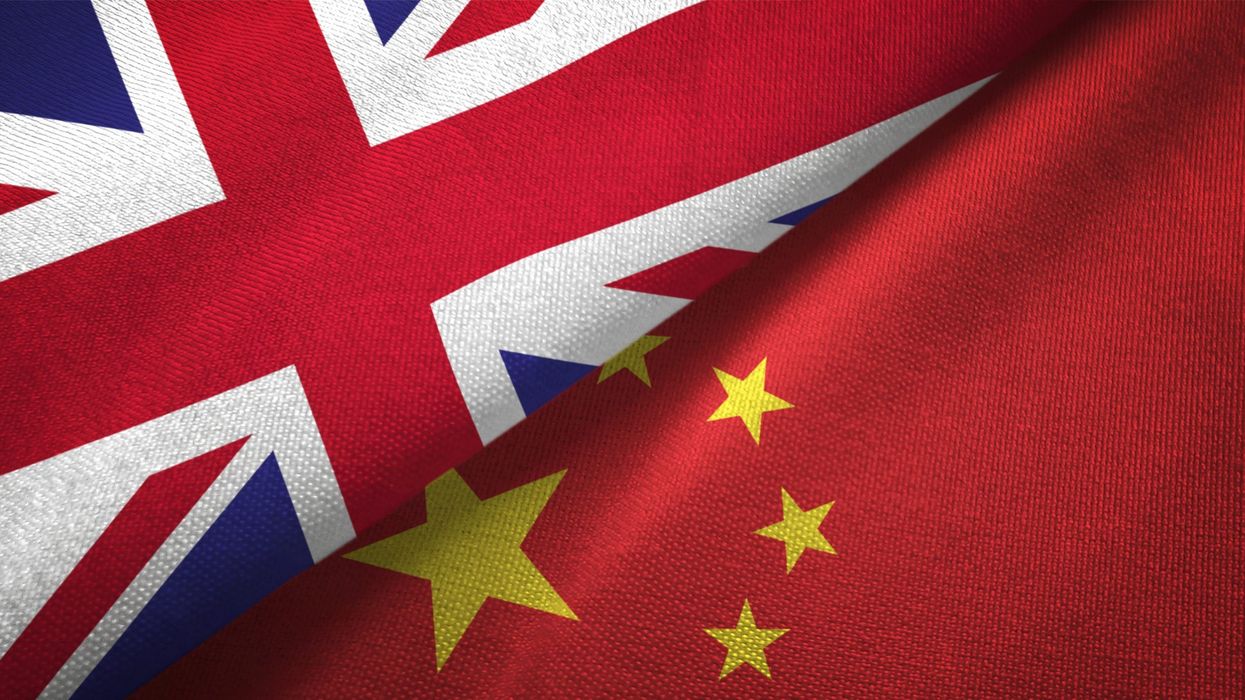In yet another low point in UK-China relations, China has removed six officials from Britain - including one of its most senior diplomats - two months after the violence at its Manchester consulate, reported Politico.
Six Chinese diplomats based in Manchester, including Consul-General Zheng Xiyuan, are returning to China in the wake of an incident in which a protester was dragged into the consulate grounds and attacked, according to three people familiar with the matter. The police told the government last week that they wanted to interview these six Chinese diplomats and as a matter of protocol, the British government requested that Beijing waive diplomatic immunity to allow officers to proceed, the people said.
The British side gave the Chinese a deadline of Wednesday to respond and allow the police investigation to continue, but instead, the six are now on their way back to China, reported Politico.
The diplomats' departure was announced by UK Foreign Secretary James Cleverly on Wednesday. He expressed his disappointment that none of the six would now face justice.
"The violence at China's consulate in Manchester was unacceptable. We all saw the disturbing footage of the incident outside Chinese consulate in Manchester. In response to that, we initiated a process based on our adherence to the rule of law. Greater Manchester Police initiated investigations, as part of the investigation requested that six Chinese officials waive diplomatic immunity so they could be questioned. We informed the Chinese embassy of that and we set a deadline which expired today, making it clear that we expected them to take action. In response to our request, the Chinese government has now removed from the UK those officials, including the Consul General himself. This demonstrates that our adherence to the rule of law, and the seriousness with which we take these incidents, has had an effect and we will continue on the world stage and domestically to abide by the rule of law and expect others to do likewise," said Cleverly.
The episode follows footage from October showing unidentified men emerging from the consulate compound, tearing down a satirical portrait of Chinese President Xi Jinping erected by Hong Kong protesters outside, and then attacking a protester who had been dragged into the consulate grounds, reported Politico.
Video shows the men landing a series of violent blows on the protester, who later identified himself to the Britain-based publication as "Bob."
He told reporters he was "dragged inside and attacked" before being rescued by police. Greater Manchester Police confirmed his account.
A call to the Manchester consulate was not answered on Wednesday. There's no reply to an email inquiry made to the Chinese embassy to the UK.
China's decision to remove the diplomats is seen as an attempt to de-escalate the dispute and avoid further tit-for-tat exchanges between it and the UK.




